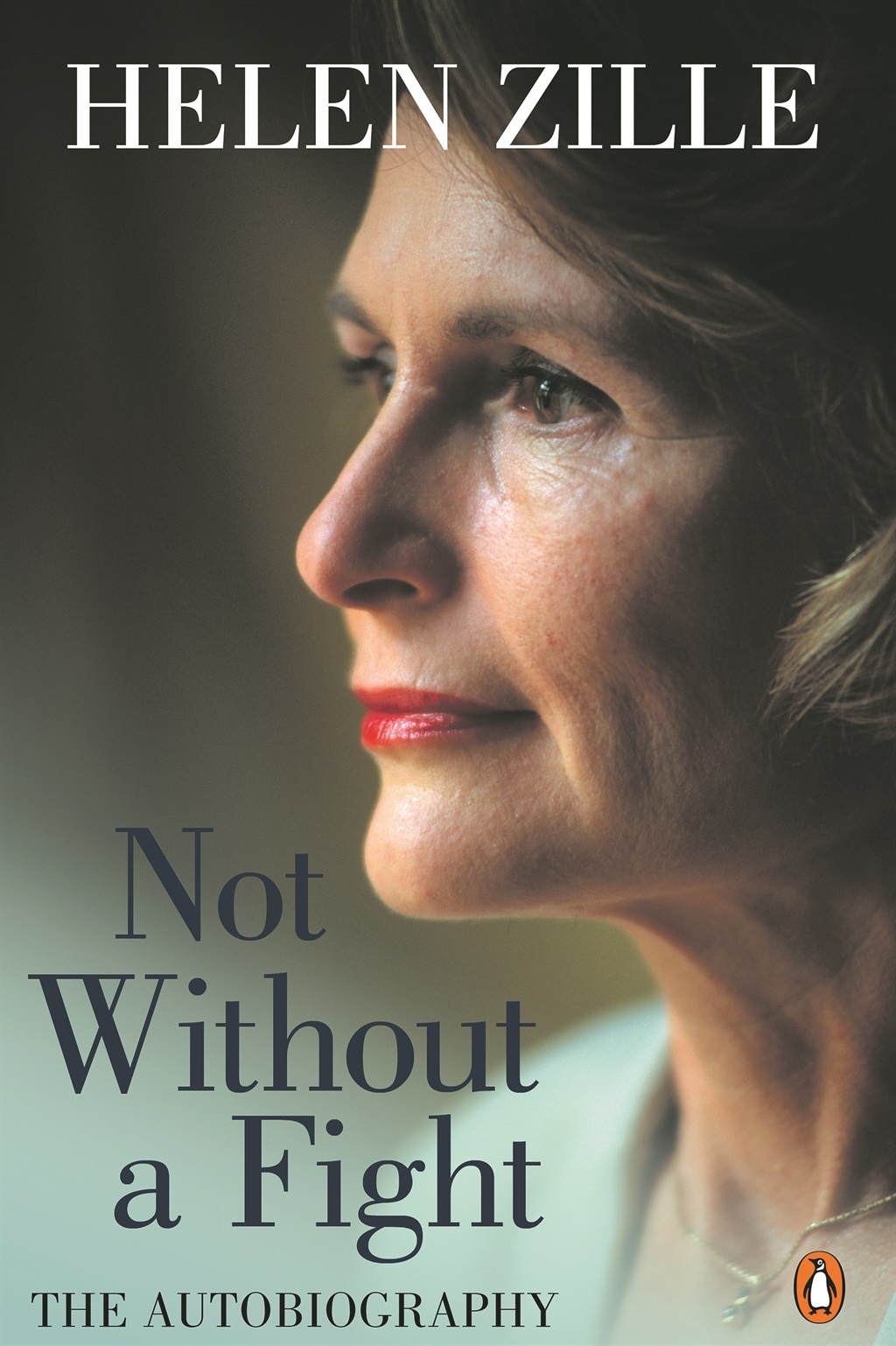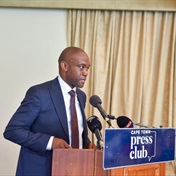
Not Without a Fight – The Autobiography by Helen Zille
Penguin Random House
544 pages
R380 (hardcover)
The difficulty of getting to the truth is one of the founding assumptions of academic research conducted in humanities faculties worldwide. For this reason, it is surprising that the new discourse emerging from many South African humanities faculties seems to accept, as a given, that “whiteness” is the biggest barrier to black advancement.
But has anyone seriously tested this thesis? Is there anyone doing research into the other potential barriers, such as the role played by some teachers’ trade unions, or the impact of the failure of millions of fathers to maintain and parent their children, or the epidemic of teenage pregnancies? And why does our discourse not focus on the factors that are deterring investment, growth and job creation? It is far easier to focus on the problem of “whiteness”. Indeed, researching the impact of whiteness may be one of the few ways that white social scientists can avoid accusations of “whiteness”.
Fixating on this issue detracts attention from where we should be focusing – on decent basic services for people, including education and healthcare; and creating conditions for economic growth, so that people, especially poor people, can use their opportunities to get jobs and improve their lives. The fact that Cape Town does this more effectively than any other city merely intensifies the allegations of racism from the restaurant-and-club-frequenting elite.
It is tempting to roll one’s eyes and regard this debate as a marginal zone occupied by narcissists determined to turn every window on the world into a self-reflecting mirror. But don’t be fooled. Critical race theory, in its South African variegation, has become a fig leaf for scapegoating. There are many examples worldwide of failing governments and political parties adopting similar theories to turn minorities into scapegoats to mobilise and unite a divided support base, or cover up their own policy failures.
Blaming “whiteness” is no longer peripheral to South Africa’s discourse. It has become mainstream, and is even considered “progressive”.
It really worried me when these assumptions started emerging in the DA’s own internal debates. At times, it appeared as if some among the new generation of DA public representatives felt a greater need for affirmation from their trendy social-media and student peers than to defend our principles. They sometimes fell into the trap of accepting broad race generalisations when there was an advantage to be gained for the rising black elite, while expressing outrage at such generalisations when there wasn’t. Thus, some argued, “black” should remain a proxy for disadvantage when it comes to preferential access to universities, irrespective of an individual’s background; but it would be outrageous to assume that “black” might be used as a proxy, say, for predicting the risk of HIV infection. This risk measure was once actually used by the South African blood transfusion service, when it lacked reliable alternative methods of preventing HIV-positive blood from being used in the infectious “window period” before a donor’s Aids antibodies could be picked up in a test.
There was general outrage about this practice because it was based on a racial generalisation; namely, that black people were more likely to engage in unsafe sexual practices and therefore have a greater risk of contracting HIV. Each person, the argument went (and I endorsed this), is entitled to be evaluated on their individual behaviour. If judging individuals on their own merits is a principle, which I believe it is, we must apply it consistently, and not default to racial generalisations when there is a sectarian advantage to be gained from it.
Standing firm on this principle, especially if you are black, requires enormous courage in the current circumstances, just as it did for Helen Suzman to swim against the stream 50 years ago. It takes no courage at all to be hip and happening. It is always easier to appease your opponents than to defend your principles. And, as I have learnt, it always comes back to haunt you.
It is unsurprising, therefore, that whites are not the only (or even the main) targets of the assault on “whiteness”. The most virulent criticism is reserved for black people who challenge the primacy of race discourse. They are labelled “inauthentic blacks” at best, or “house niggers” at worst. Those who, because of the advantages of a good education, speak with “white accents” are labelled “coconuts” (black on the outside and white on the inside), or “clever blacks”, whose sin is having given the pathology of whiteness a nonracial face.
Coconuts can only atone by becoming virulent proponents of race-laced discourse, more Catholic than the Pope. Some race evangelists believe they even have the right to interfere in people’s private lives, to the point of advocating the termination of interracial friendships and relationships.
To his great credit, despite the most virulent race-baiting, Mmusi Maimane has never wavered in his defence of non-racialism. His persecutors have even seen fit to condemn his marriage to a white woman and, incredibly, this issue even emerged as a factor in his election campaign for the leadership of the DA, when some people implied that this showed he was “not black enough”. Deciding who qualifies as an authentic black person is a right that critical race theorists have appropriated for themselves. To qualify, a person has to live life according to the predetermined script.
It comes close to a new form of tyranny. Facing such vitriolic attack, Mmusi had the backbone and the guts to stand firm, distinguishing himself as a rare leader.
Ironically, the zealots who assume the right to police interracial relationships don’t hesitate themselves to seize upon any relationship that will bring them a personal advantage, whether it is a scholarship endowed by the arch-colonialist Rhodes, or a fellowship established in memory of Ruth First, a white woman who was blown up by the apartheid security police for her part in the struggle for a nonracial, more egalitarian society.
If you point out these contradictions, prepare to be met with the full wrath of people who cannot credibly and rationally explain them. This discourse brooks no opposition.
TALK TO US
Do you agree with Helen Zille’s assertion that the white minority is being turned into a scapegoat?
SMS us on 35697 using the keyword ZILLE. Please include your name and province. SMSes cost R1.50




 Publications
Publications
 Partners
Partners























